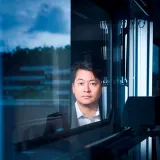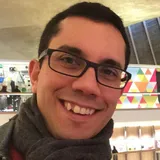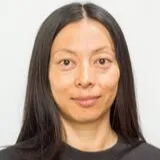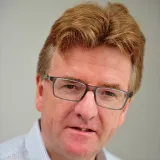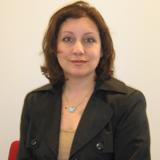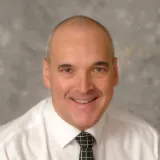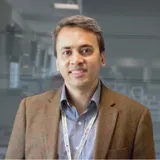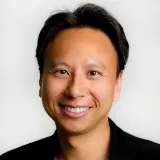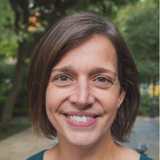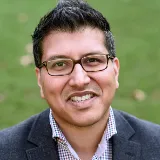03 February 2023
Saturday 4 February marks World Cancer Day. In order to honour this key date, we have highlighted some of the most important cancer-themed stories that have emerged from King’s over the past year.
World Cancer Day takes place each year on 4 February, with the goal of raising awareness, improving education and driving action on cancer care and treatment around the globe. To mark this key event, we wanted to showcase some of the important cancer-themed stories that have emerged from King’s over the past year as our ground-breaking research continues to help answer questions that will ultimately provide solutions for patient care.
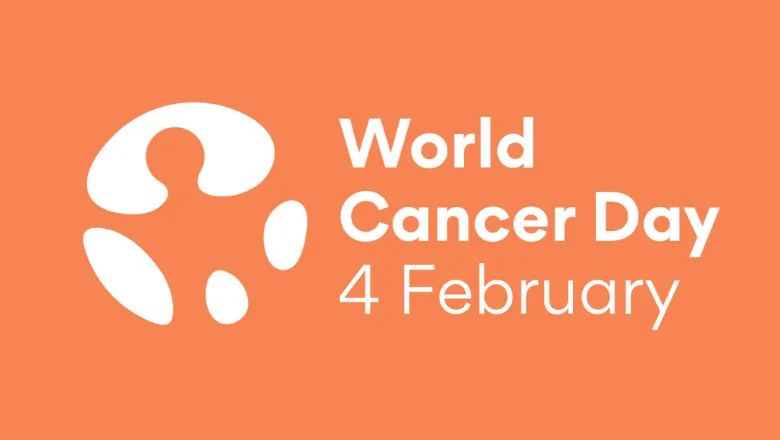
Our Comprehensive Cancer Centre (CCC) sits within the School of Cancer & Pharmaceutical Sciences and is the academic arm of one of the leading cancer centres in Europe. Led by Professor Tony Ng, the CCC works alongside King’s Health Partners and its NHS partners to support cutting-edge research and provide world-class clinical services for its cancer patients.
The CCC has been the home of an abundance of ground-breaking research over the past year. Dr Sheeba Irshad led efforts to identify new molecular targets in chemotherapy-resistant breast cancer cells, with the hope of developing new immunotherapies based on these targets. Additionally, research with Dr Jeremy Carlton has identified a protein that helps melanoma spread throughout the body by inducing changes in its nucleus.
Cases of cervical cancer – previously one of the most common cancers in women – have dropped dramatically due to the HPV vaccine proven to be effective by King’s researchers. As Professor Peter Sasieni explained in a television broadcast (below), the next step involves exploring the possibility for women to provide their own samples for screening.
Dr Anita Lim has been leading a programme trialling speculum-free cervical screening for HPV. Her paper showing that 17% more women in older age groups took speculum-free cervical screenings was among the 10 most viewed papers of 2022 in the British Journal of General Practice, and won an RCGP Research Paper of the Year award.
Another big success story centred around CAR T-cell – a cancer therapy that modifies T-cells (a type of cell in the immune system) to produce the CAR protein, enabling T-cells to attack cancer cells. Through his King’s spin-out company, Leucid Bio, Dr John Maher has published multiple papers on the use of CAR T-cell therapy against solid tumours as well as testing new modifications to its receptors as a collaboration with biotech company LUMICKS.
It wasn’t just CAR T-cells that boasted spinout success. Professors Sophia Karagiannis and James Spicer received over £30 million to set-up a company that will develop novel immunoglobulin E antibodies to treat cancer – specifically focusing on their lead drug candidate targeting platinum-resistant ovarian cancer. In addition, Pheon Therapeutics, a spin-out based on the research of Professor David Thurston, Professor Miraz Rahman and Dr Paul Jackson, closed its Series A financing round with $68 million invested. Its work focuses on the development of novel Antibody-Drug Conjugates for use in oncology. All these start-ups highlight how King’s world-class research also has real-world applications, with a commitment to translational research.
Along with commercial investment, King’s innovative research continues to attract philanthropic donations. These donations have enabled the creation of the Head and Neck Centre at Guy’s Hospital, and recently, a transformative gift of £12.5 million to fund a Chair in Immuno-Oncology at the School. In terms of competitive grant funding, CCC’s investigators have received £170 million over the last 10 years to fund its essential work. This funding is sourced worldwide, best exemplified by Eric So receiving prestigious international grants from the Swiss Sinergia programme and the National Institute of Health in the USA.
Our seminal research also has the capability to influence government policy. Dr Sheeba Irshad and Professor Adrian Hayday’s discovery that a single BNT162b2 (Pfizer–BioNTech) vaccine didn’t provide effective COVID-19 protection for cancer patients led to a change in government policy, allowing cancer patients to book vaccine doses earlier
And the School’s impact on government policy didn’t stop there, as we saw multiple publications explore the cancer care and research environment. This included a Lancet Oncology Commission addressing the role of COVID-19 and Brexit in a potential European crisis, a Lancet publication highlighting the cancer care crisis in the NHS, and the role the UK and US can play in co-ordinating cancer research to tackle the global cancer epidemic. The COVID-19 and Cancer Global Taskforce were also busy publishing a comprehensive review for the World Health Organisation, analysing the effectiveness of COVID-19 vaccines in patients with different types of cancer.
These highlights offer but a glimpse of the essential and pioneering work that continues to take place at the CCC. Take a look at our News page for further articles related to cancer, or consider following the School of Cancer & Pharmaceutical Sciences Twitter account.

